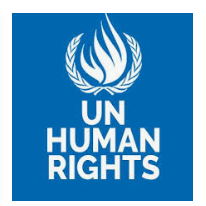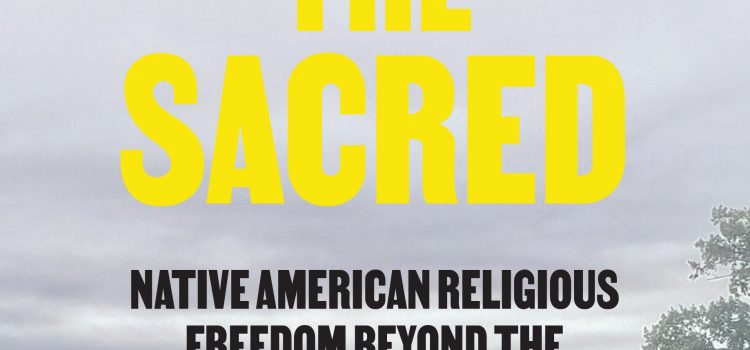Karuk Climate Adaptation Plan
The University of Colorado Scott Lecture 2015: Indigenous Peoples and Jurisgenerative Moment in Human Rights, Professor Kristen A. Carpenter
As indigenous peoples have become actively engaged in the human rights movement around the world, the relationship between indigenous peoples and international law, once deployed as a tool of imperial power and conquest, has begun to change. Increasingly, international human
Human Rights to Culture, Family, and Self-Determination: The Case of Adoptive Couple v. Baby Girl; by Kristen A. Carpenter and Lorie M. Graham
Traditional Jurisprudence and Protection of Our Society: A Jurisgenerative Tail
Traditional jurisprudence must be a foundation of the current international indigenous rights efforts regarding sacred sites and artifacts, religious practices, and culture. If Indian advocates are unable to articulate what we believe and the nature of the society being destroyed,
EMRIP Study on Indigenous Languages

This study outlines international and regional standards on indigenous peoples’ rights to language and culture, describes the relationship between indigenous cultures and languages to their self-determination and rights to their lands, territories and resources and analyses indigenous peoples’ languages and
Tribal Technology Assessment: The State of Internet Service on Tribal Lands
Access to high-speed Internet service has become an essential component to the nation’s economy, education, and healthcare. However, federal data continues to show tribal lands are the least connected areas of the country. AIPI launched a survey to collect information
Defend the Sacred

Larrakia Declaration on the Development of Indigenous Tourism

Indigenous-led Development in Action One model of self-determined economic development is the Larrakia Declaration on the Development of Indigenous Tourism. The Larrakia Declaration, which recognizes the Declaration as a foundational document, outlines a series of principles that support the development
